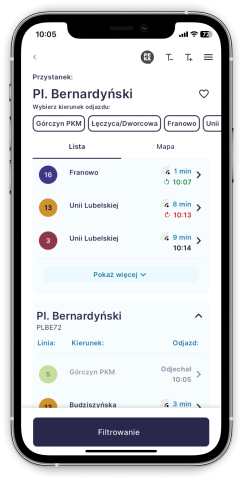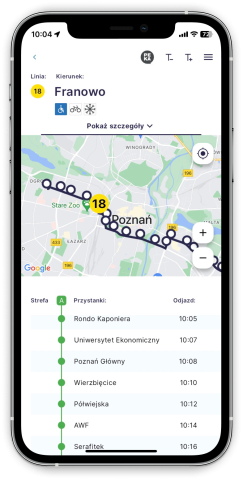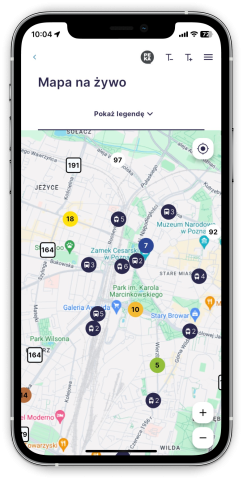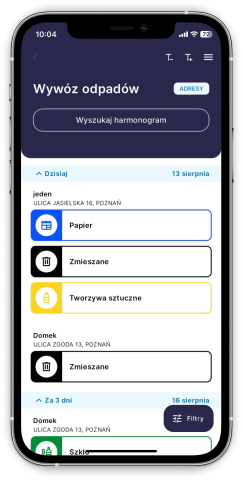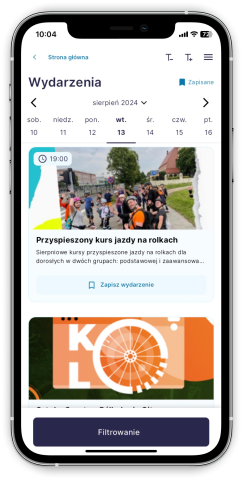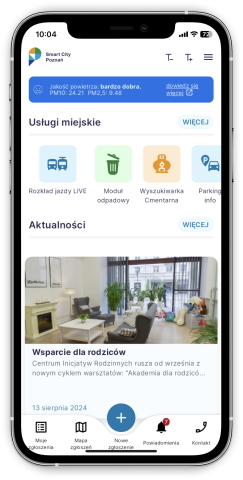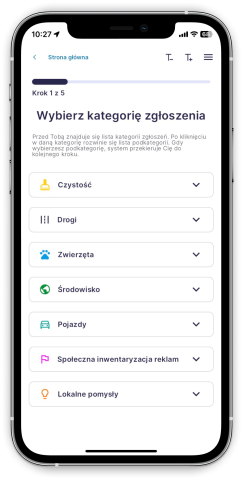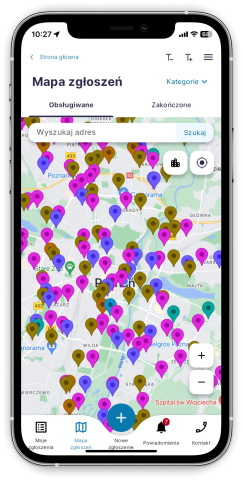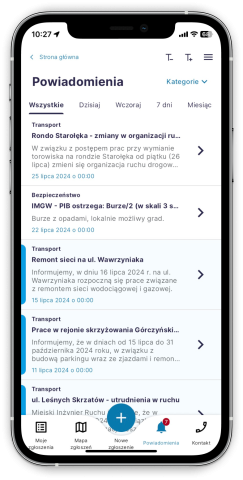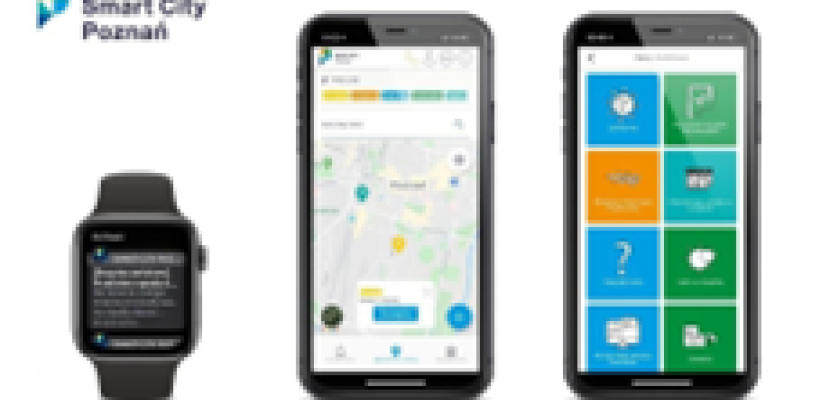
Open Data Smart City Poznan Application – Urban Data Integrator

About this good practice
The Smart City Poznań service (app) was developed to address the need for improved communication and service efficiency between the Poznań City Hall and its residents. Before its introduction, residents faced delays and inefficiencies in reporting issues and obtaining information. The application aligns with the city's development strategy to increase digitalization and resident engagement, supported by the Poznań City Hall.
The primary issue was the lack of a streamlined, accessible platform for residents to report urban problems, give feedback, and receive real-time updates. This inefficiency affected the city's ability to respond promptly to public needs, leading to dissatisfaction among residents.
The service empowers residents by providing a tool to quickly contact city services for interventions, report problems like incorrect parking and damaged infrastructure, and participate in surveys. Residents can also use the Social Advertising Inventory category , which allows them to report advertisements whose legality they believe should be reviewed. Data is collected on a citizen science basis , involving users in the day-to-day affairs of the city. This is just one of the many possibilities provided by the app, which is becoming a hub for urban services and solutions
Expert opinion
Resources needed
Funded by Poznań City Hall, the Smart City services cost approximately 30,500 EUR to implement. Managed by 8 core team members from the municipality and a city-owned company, with about 50 additional staff handling requests. Annual development&new functionalities add costs beyond regular maintenance
Evidence of success
The service - as the app - is used by over 30,200 residents, with 80.5% of reported issues such as incorrect parking and damaged sidewalks, resolved. Continuous improvements, a new graphic design and digital accessibility enhance user experience, and data accuracy. The app not only improves services but also generates high-quality, actionable open data, demonstrated by the high resolution rate, which reflects the platform's effectiveness in addressing community issues.
Potential for learning or transfer
The Smart City Poznań initiative showcases how open data can enhance public service quality and citizen engagement. Its success demonstrates the potential for replication in other cities facing similar challenges. Key factors for transfer include stakeholder collaboration, clear guidelines, and adaptability to local needs. The app's relevance to Interreg programme goals, scalability, and sustainability make it a valuable model for other regions aiming to enhance public services through digitalization.
Relevance: The practice improves public services and fosters citizen engagement, aligning with Interreg programme goals.
Impact: Demonstrates significant socio-economic benefits and increased efficiency in public service delivery.
Replicability: High potential for application in other regions with clear guidelines and adaptable methodologies.
Sustainability: Continuous improvement and increasing user base ensure long-term viability.
Further information
Images
